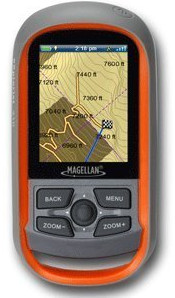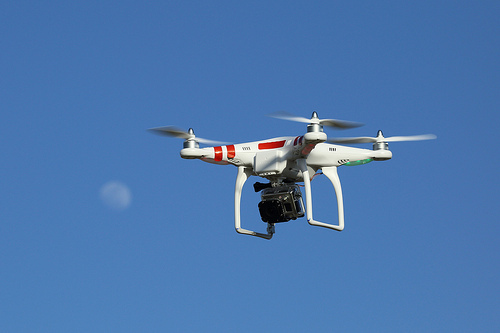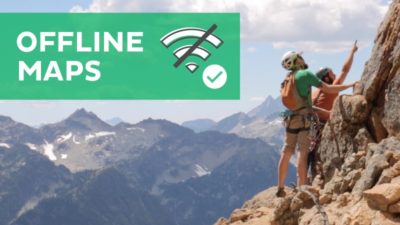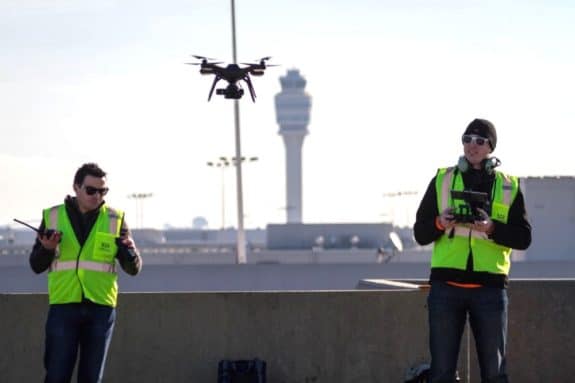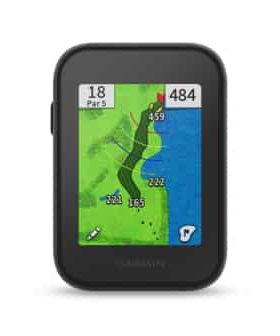Hunting season is still a ways away, but in the cold winter months and the coming spring is when trail cams are among the most fun. In these months, you’re more likely to catch a glimpse of an animal wandering to search for food, shelter, or a mate. It’s also a good time to get a feel for where your favorite game animals are located so that you know where to start in the fall, when hunting season opens.
Each trail cam is slightly different and features different ways to view the images. Some of them require owners to wait til they get home to check the content, while others will include some sort of trail cam viewer which can be used at the site to review the images. However, there’s a much easier way; instead of lugging the viewer all the way to the site and back, simply use your Garmin. read more
